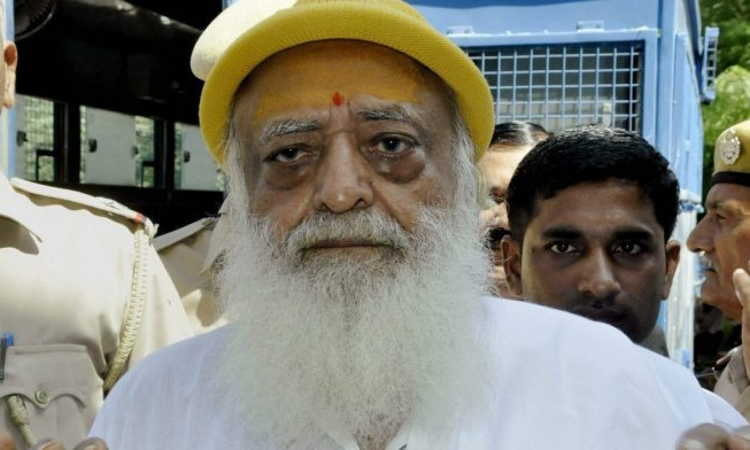The Delhi High Court on Tuesday reserved its judgment on the appeal filed Harper Collins Publishers against the order of a Delhi civil court which restrained the publication of the book "Gunning for the Godman: The True Story Behind Asaram Bapu's Conviction".A single bench of Justice Najmi Waziri reserved the order after hearing Senior Advocate Kapil Sibal for the publisher and Senior...

